During the 1947 partition of India, Umber Singh and his family are forced to leave their village. After two girl children, his wife gives birth to a third girl child as they flee their village much to the displeasure of Umber Singh. After moving to a new place, Umber stabilizes and his wife is pregnant again. While the fourth child is also born as a female, Umber convinces himself and his wife to raise the girl child as a son throwing up complications aplenty.
|
Language:
|
Punjabi
|
|
Running Time:
|
130 min
|
|
Rating:
|
U/A
|
|
Release date:
|
20 February 2015
|
|
Directed by:
|
Anup Singh
|
|
Produced by:
|
Johannes Rexin
Thierry Lenouvel
Bero Beyer
|
|
Written by:
|
Anup Singh
Madhuja Mukherjee
|
|
Starring:
|
Irrfan Khan
Tillotama Shome
Tisca Chopra
Faezeh Jalali
Sonia Bindra
|
|
Music by:
|
Beatrice Thiriet
Manish J Tipu
|
|
Shot by:
|
Sebastian Edschmid
|
|
Editing by:
|
Bernd Euscher
|
|
Distributed by:
|
National Film Development Corporation
|
What’s Hot
- The story/script must be commended for the sheer courage in picking up several taboo social themes, in particular patriarchal oppression, and weaving it together in a convincing fashion. The screenplay portrays the drama of geopolitical dislocation, the aggression of patriarchal obsession for male heir, and the emotional turmoil of gender ambivalence so beautifully that the film is filled with moments that will leave you shaken.
- The leading actors, Irrfan Khan, Tillotama Shome, Rasika Dugal and Tisca Chopra have delivered stellar performances. The script demands emotional intensity, and the actors do not disappoint. Irrfan shows the conviction necessary to pull off such an oppressive role and his eyes induce terror when he takes on his girl children for hurting Kanwar. Tisca Chopra has minimal screen-time but she scores in the scene when she reluctantly pushes Kanwar to move out of the city.
- While plaudits are certainly deserved for Tillotama Shome for emoting as a male character being a female inherently, the spotlight is stolen by the irrepressible free-spirited Rasika Dugal who exudes her sexuality in outstanding fashion and plays a part in elevating many scenes so that they remain etched in memory.
- Taking support from the Indo-German co-production treaty, several technicians from western cinema have been involved with this film. Director of photography Sebastian Edschmid’s sense of lighting is delightful particularly in the scene where the seductive eyes of Neeli (Rasika Dugal) tease Kanwar (Tillotama Shome). Certain scenes, such as the one showing Kanwar Singh being lowered in a well, stand out for their creativity and remain with you long after. The background score from Beatrice Thiriet is grand and suited to the local milieu.
- The director, Anup Singh, successfully conveys the central message of the movie and at the same time takes the audience on an emotional journey with a surreal twist in the end. Chances are, the film will continue to haunt for a few days after you leave the theatre.
What’s Not
- The sudden and surreal twist in the screenplay, in the second half of the movie, might be difficult for the audience to relate to at once. While one feels that it is certainly uncalled for to take the script in that angle, fair play to Anup for choosing such a subject that makes us overlook these minor issues.
Badges
Verdict


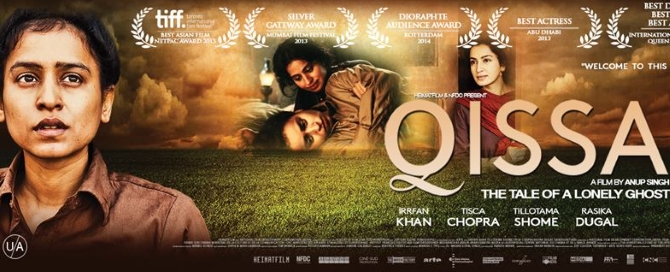
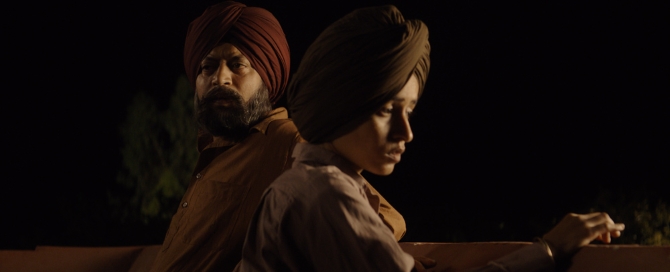
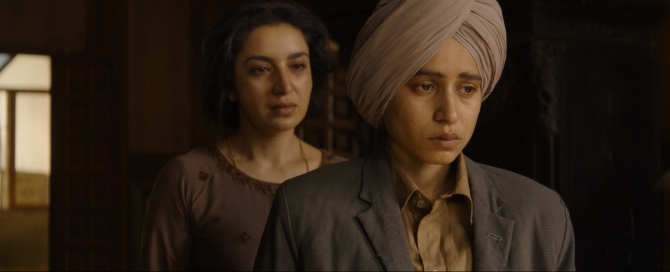




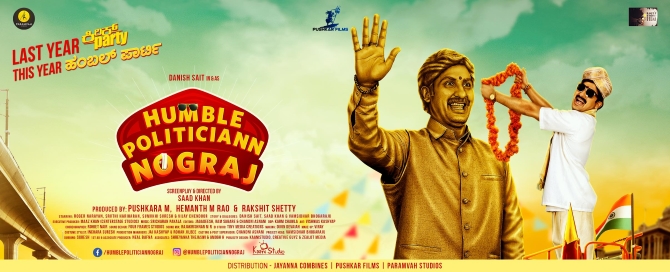
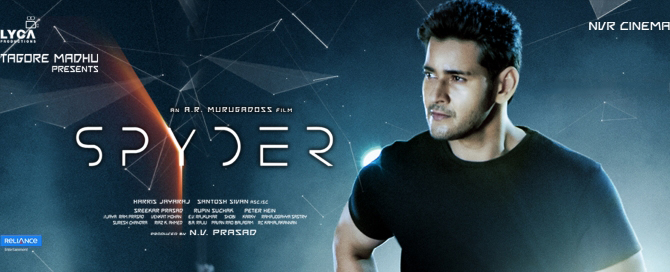
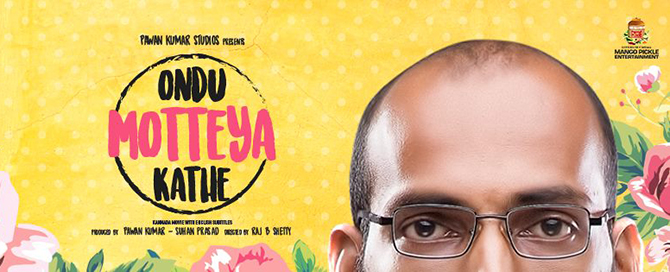
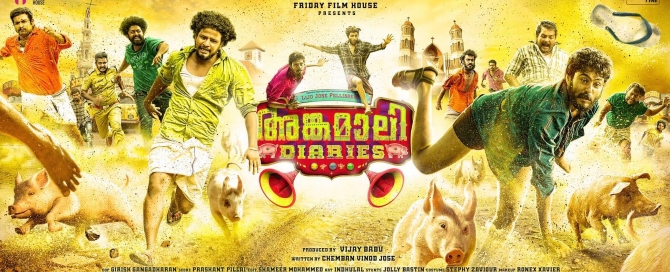

Leave A Comment